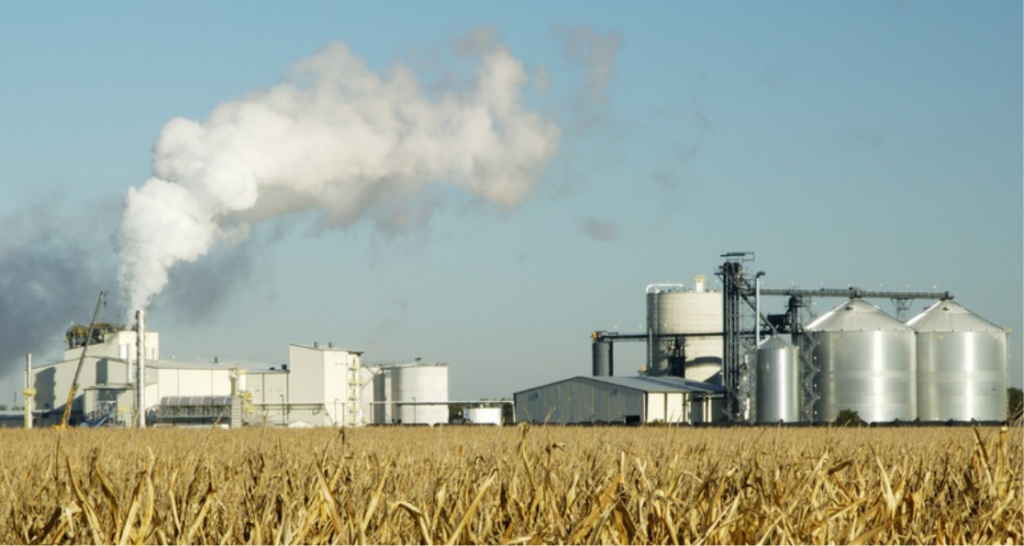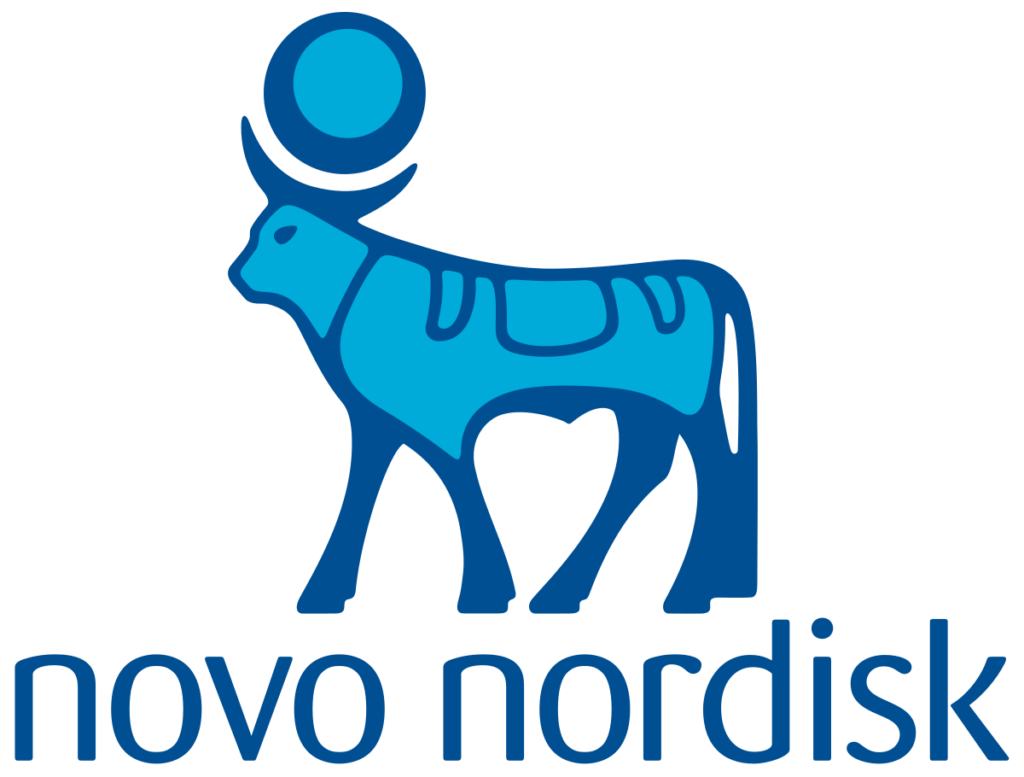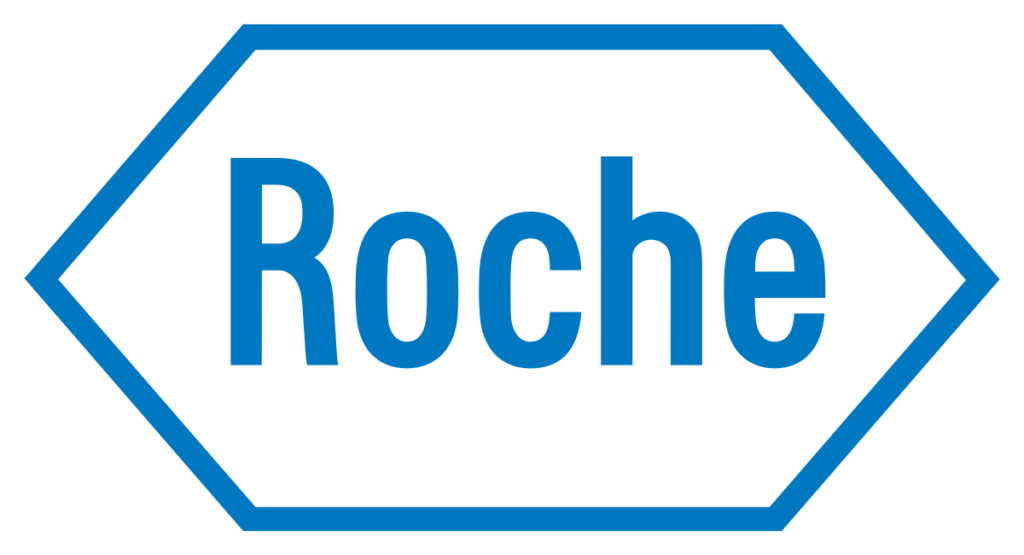Industrial Biotechnology

/ Resources / Industrial Biotechnology
Industrial biotechnology is the generation of products that could replace chemicals or other materials that consume non-renewable resources or create environmental hazards.
The functions include the purification of water and air and the generation of energy or industrial chemicals with minimal environmental impact.
Bioproducts can be produced using biomass (both new and waste, such as corn straw, tree branches and municipal landfill) or biological processes.

The functions include the purification of water and air and the generation of energy or industrial chemicals with minimal environmental impact.
Bioproducts can be produced using biomass (both new and waste, such as corn straw, tree branches and municipal landfill) or biological processes.
Bioproducts are commodity-scale products that often have a lower molecular weight (e.g., fuel ethanol, monomers for manufacturing biodegradable plastics and carpet fibers, and biocatalysts used in food processing and laundry detergents).
Other bio-industrial products include: shingles, insulation, linoleum, fiberboard, specialty paper, fabric, packaging, cleaners, solvents, paints, glues, shampoo, cosmetics, lubricants, car body parts and fuels (such as ethanol – currently blended into gasoline, biodiesel and methane, and in future, hydrogen). Future bioproducts might include biomaterials for paints and coatings, and optical-holographic high-density memories.























